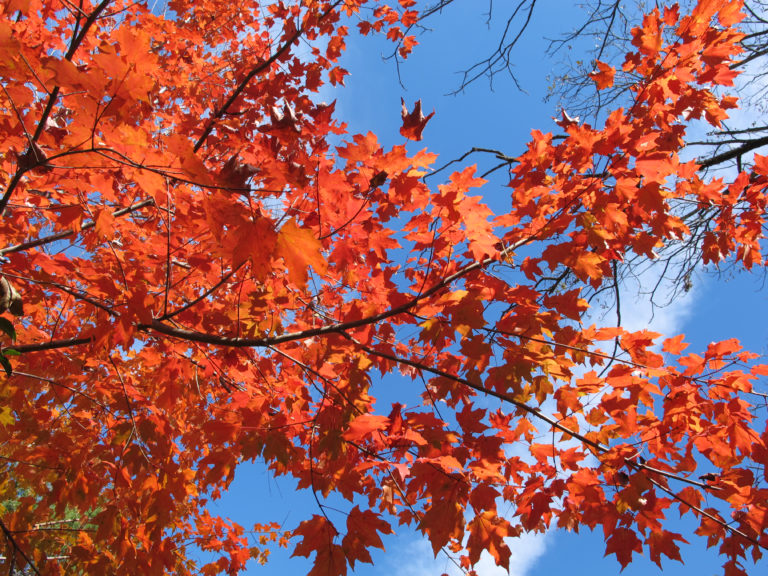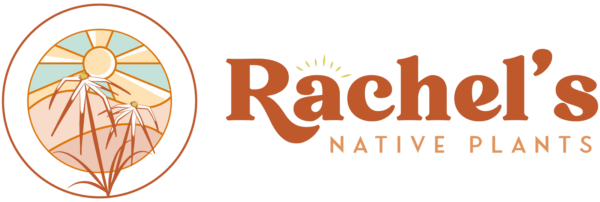Chalk Maple is a small, deciduous tree native in the Southeast from NC to Texas. In NC, it occurs in slightly acid to circum-neutral rocky soils, in full sun, part shade and full shade, on riverbanks and ravines in the Piedmont counties. Chalk Maple is desirable because it has all the visual splendor of a full-size Sugar Maple but in diminutive form. Its height at maturity is on the order of twenty-five feet. Its leaves and seed-bearing samaras (which ripen in fall) are smaller and more delicate than those of the Sugar Maple, but its Fall colors are equally superb (yellows, oranges, reds). It is not fussy about moisture, being more drought tolerant than the Sugar Maple or Red Maple. Chalk Maple is often multi-trunked with handsome chalky mature bark, for which it is named, and is very well suited for the upland garden. This tree is seriously underused as a residential ornamental landscape tree. Its seeds attract Grosbeaks, Nuthatches and Finches.
NURSERY HOURS
Wednesday: 10-4 Thursday: 10-6 Friday-Saturday: 10-4 Sunday: 12-4
Acer leucoderme

Key Info
Scientific Name: Acer leucoderme Small
Common Names: Chalk Maple, Whitebark Maple
Family Names: Sapindaceae (Soapberry Family)
Plant Type: Tree / Shrub
Protected Plant Species: No
Moisture Requirement: Medium
Leaf Retention: Deciduous
Flower Color: Yellow
Additional Info
Habit: Small tree, often multi-stemmed with rounded crown and slender branches; named for its smooth 'chalky' bark; shallowly rooted.
Height: 15-30'
Spread: 15 - 25'
Soil Conditions: Average to moist, average to dry, well drained soil; acid to slightly alkaline (pH 6.1 - 7.8), clay, loam, sand.
Leaves: Opposite, 3-lobed, pointed, toothed, greenish yellow and fuzzy on the underside; spectacular fall color.
Flowers (or reproductive structures: Dioecious; without petals, male and female flowers are separate, flowering in spring.
Fruit: 1-3-inch, 2-winged samara, smaller than that of red maple, maturing in fall.
Natural Distribution: Rocky woods, river bluffs, ravines.
USDA Hardiness Zone: 5 to 8
USDA Wetland Indicator Status in NC: unavailable
Pollination: Wind, bees
Wildlife Connections: Maple seeds are eaten by Grosbeaks, Nuthatches, Finches, porcupines, squirrels, chipmunks, deer.
Propagation: By seed.
